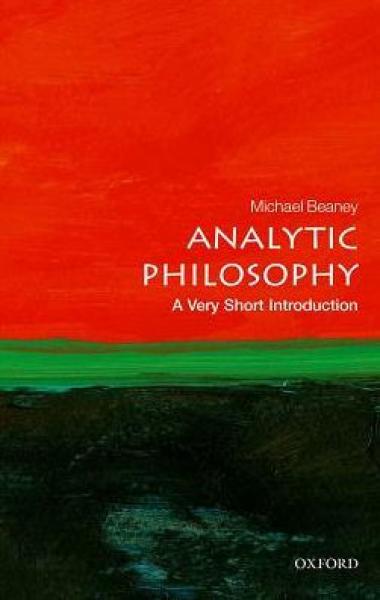Description
In this Very Short Introduction Michael Beaney introduces some of the key ideas of the founders of analytic philosophy by exploring certain fundamental philosophical questions and showing how those ideas can be used in offering answers. Considering the work of Susan Stebbing, he also explores the application of analytic philosophy to critical thinking, and emphasizes the conceptual creativity that lies at the heart of fruitful analysis. Throughout, Beaney illustrates why clarity of thinking, precision of expression, and rigour of argumentation are rightly seen as virtues of analytic philosophy.
ABOUT THE SERIES: The Very Short Introductions series from Oxford University Press contains hundreds of titles in almost every subject area. These pocket-sized books are the perfect way to get ahead in a new subject quickly. Our expert authors combine facts, analysis, perspective, new ideas, and enthusiasm to make interesting and challenging topics highly readable.
"Analytic philosophy is now widely regarded as the dominant tradition in philosophy today. But what exactly is it? How did it arise, and what are its characteristic methods and concerns? What are its main strengths and weaknesses? In this [book], Michael Beaney discusses the nature and development of analytic philosophy by exploring key questions that reveal some of its central concerns, and illustrate some of the core ideas of its main founders"--Front cover flap.
What a great 'thought-thinking trip.' Beaney gives us a concise, excellent introduction to analytic philosophy, one that takes on the vexed question of saying what analytic philosophy is, and delivers a fine, historically tethered, answer. - Professor Cheryl Misak, University of Toronto
A concise, delightfully accessible, and intellectually stimulating introduction to philosophy in the analytic tradition, especially its formative phase. - Erich Reck, Professor, University of California at Riverside
Product Details
- Oxford University Press, Brand
- Jan 23, 2018 Pub Date:
- 0198778023 ISBN-10:
- 9780198778028 ISBN-13:
- 152 Pages
- 6.8 in * 4.5 in * 0.5 in Dimensions:
- 0 lb Weight:




